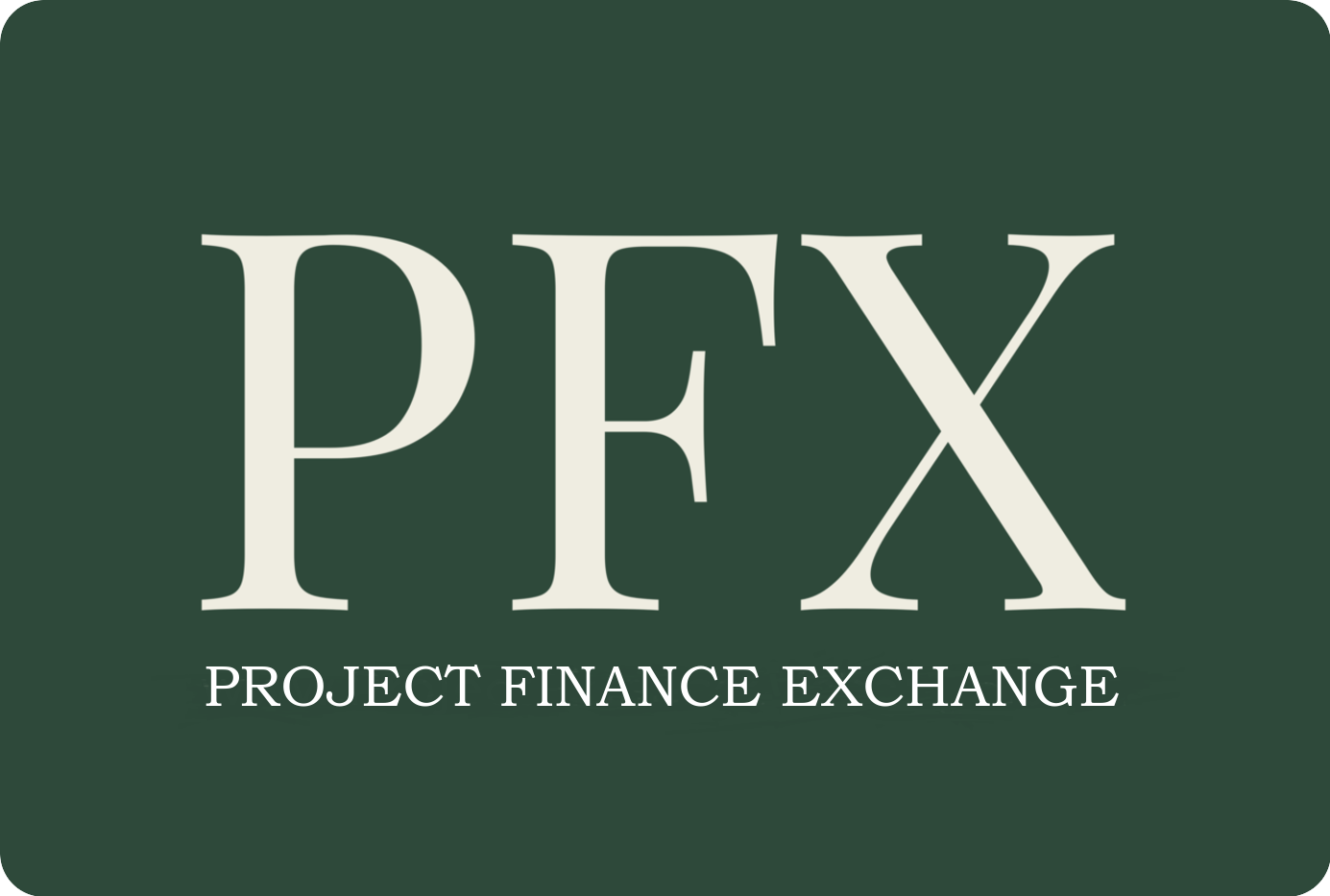Lloyds-of-London Wraps Up Risk-Mitigation for PE Investors
by David G Rose, Chairman, Project Finance Exchange (PFX).
After more than two decades of rapid capital markets evolution we have arrived at a place where, outside of retail, start-up, SME and corporate banking services, mainstream banks do not have much else to do. Financing for growth, expansion and development now comes from the private capital market in the form of private equity and, more recently, debt.
The vast $20tn lake of ‘dry powder’ (Sources: PFX and industry associations) now managed by private capital funds of all descriptions overwhelms mainstream banking capacity. But, despite this huge resource, for private equity funds the challenge has always been to deliver the consistent growth and returns that U/HNWI and other private investors demand. In truth, they want to see the same risk-mitigation and long-term returns as they get with the mainstream equity markets.
For private equity investors there is a well-established menu of financing structures. M&A, VC, RE et al, all have their own unique characteristics and risk v reward dynamic. But investment is rarely predicated entirely on the investee’s assets or balance sheet, but with a heavy reliance on forecasts in business plans and prospectuses. Each transaction needs its own individual structure based on its own unique circumstances. Each deal puts the investor’s reputation and resources on the line. The necessary extensive due diligence brings added upfront cost, not always resulting in a closed deal. None of this is news to PE News readers.
But, in all this, there is actually a stable and predictable PE investment with a structure common to all transactions. This structure is ‘project finance’. What separates it from all others is that investment is predicated on the financial stability and track record of whoever is contracted to buy the output from the built project, and not those of the investee. Their assets and balance sheet become all but irrelevant.
Wikipedia will still have us believe that project finance is the exclusive domain of mega-$ infrastructure projects funded by top-tier global institutions. When in fact, and increasingly over two decades, it has been deployed across many sectors with deal values from as low as sub-$10m to $10bn+, all funded by private capital investors. Renewables, hospitality, healthcare, transport, logistics, infrastructure and countless other sectors are all now benefiting from the unique project finance structure.
Insurance Wrap
Of specific interest to private equity investors is the recent introduction of insurance Wraps. These are constructed of interlinked Lloyds-of-London backed policies covering every conceivable aspect of the project. They are underwritten against the financial stability and track record of not only the buyer of the output from the built project, but whoever is going to build it. Indeed, the underwriting drills down to architects, key personnel, specialist contractors (hotel fit-out, specialist construction etc) and much else besides.
The insurance markets are engaged at the same time as the investor commences their due diligence (after signing of conditional terms sheet) with the financial and insurance DD run concurrently to achieve a simultaneous close. When the Wrap is set-up, the Lloyds-of-London A+ rating is endowed upon the project.
In practical terms, for a waste-to-energy (W2E) plant the ‘contracted off-taker’ would usually be a national or regional electricity grid which would have a Power Purchase Agreement (PPA) with the plant signed, or ready to sign, before construction commences. Or, for a hospitality deal the investee could be a hotel operator with a successful track record, or with an operations and management agreement (OMA) with a quality hotel brand. The list is endless, but all with the fundamental ‘contracted off-taker’ requirement, with the same track record and financial stability criteria applying to whoever is going to build the project.
The underwriting is against the contracts and agreements with landowners or vendors, off-take or power purchase agreement (PPA), contractor performance agreements and other ‘fixed’ elements of the project. This means that only the debt financing can be Wrapped but, critically, with the ‘comfort’ of the Wrap passing onto the private equity component.
Project financings have been predominantly debt, but always with an equity ‘kicker’, depending on the risk profile. Now, private equity investors can lead project finance transactions by calling upon debt from elsewhere within their firms, or working with an outsourced private debt provider, to secure the Wrap.
A significant added benefit is that the Wrap underwriters contribute significantly to the due diligence process. They charge the client a fixed fee, usually between GBP5,000 and GBP10,000 to set up the interlinked policies in principle, with the premiums added to the debt element.
700 years of project finance
The first recorded project financing was in 1299 when an Italian merchant bank, the House of Frescobaldi, funded a silver mine in Devon, England with the loan repaid with the output from the mine. In itself, the very essence of ‘project finance’.
It has taken over 700 years, but project finance is now a nascent, maturing and potentially deeply liquid global capital market in its own right, witnessed by the opening in 2021 of the Project Finance Exchange (PFX). PFX has the capacity for thousands of investors to seamlessly identify, connect and engage with thousands of projects at any one time. It is a private capital market with no investor or project identifying information available to the public domain.
The PFX site also provides direct access to the leading provider of project finance insurance Wraps.
+
For further information please see the PFX Media Backgrounder and view other PFX Op-Eds in our Articles zone.
+ENDS+




